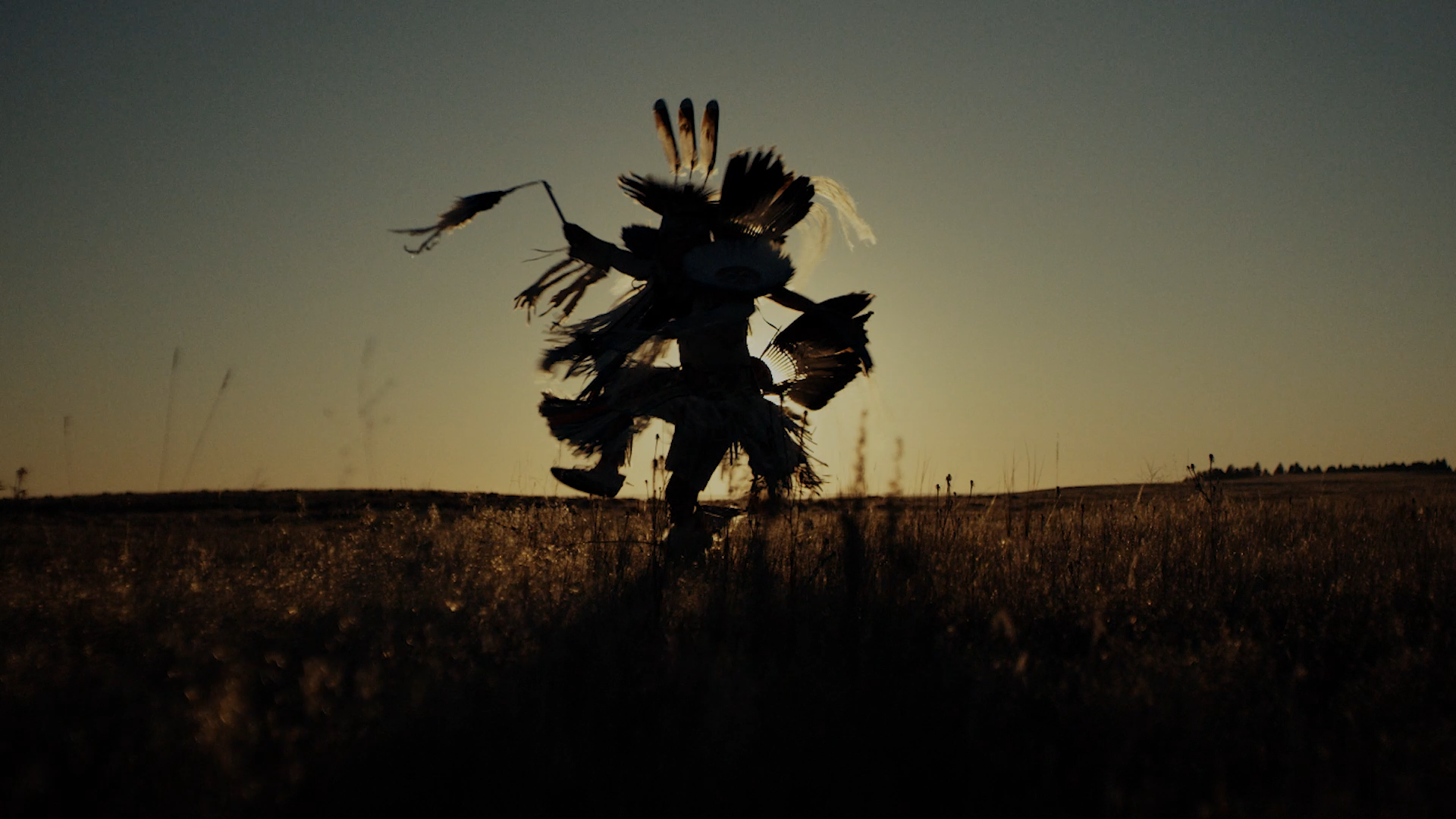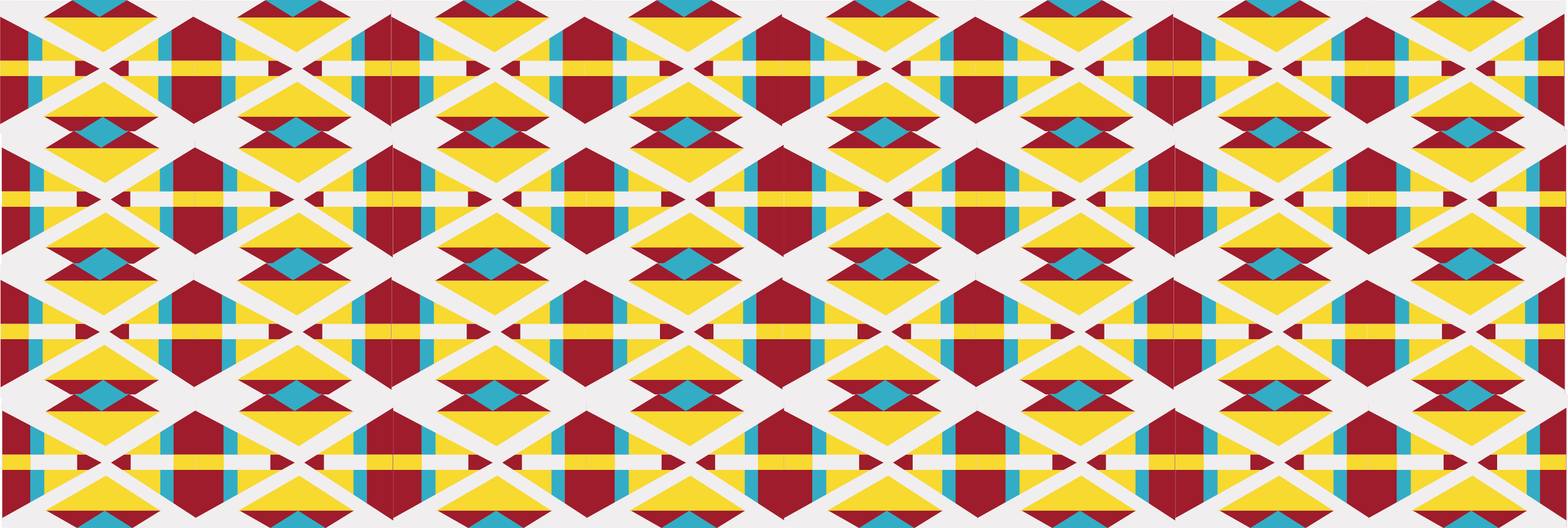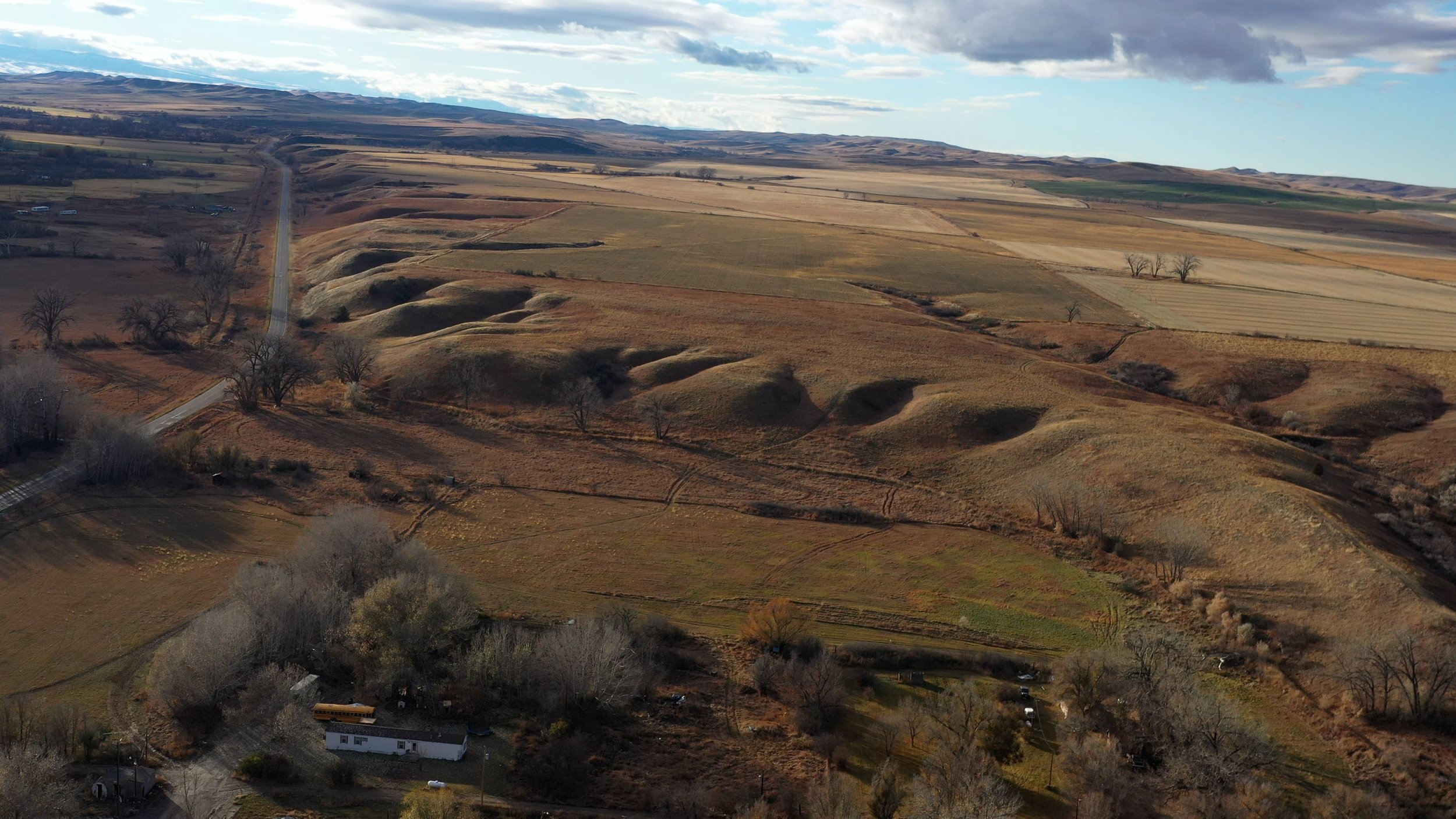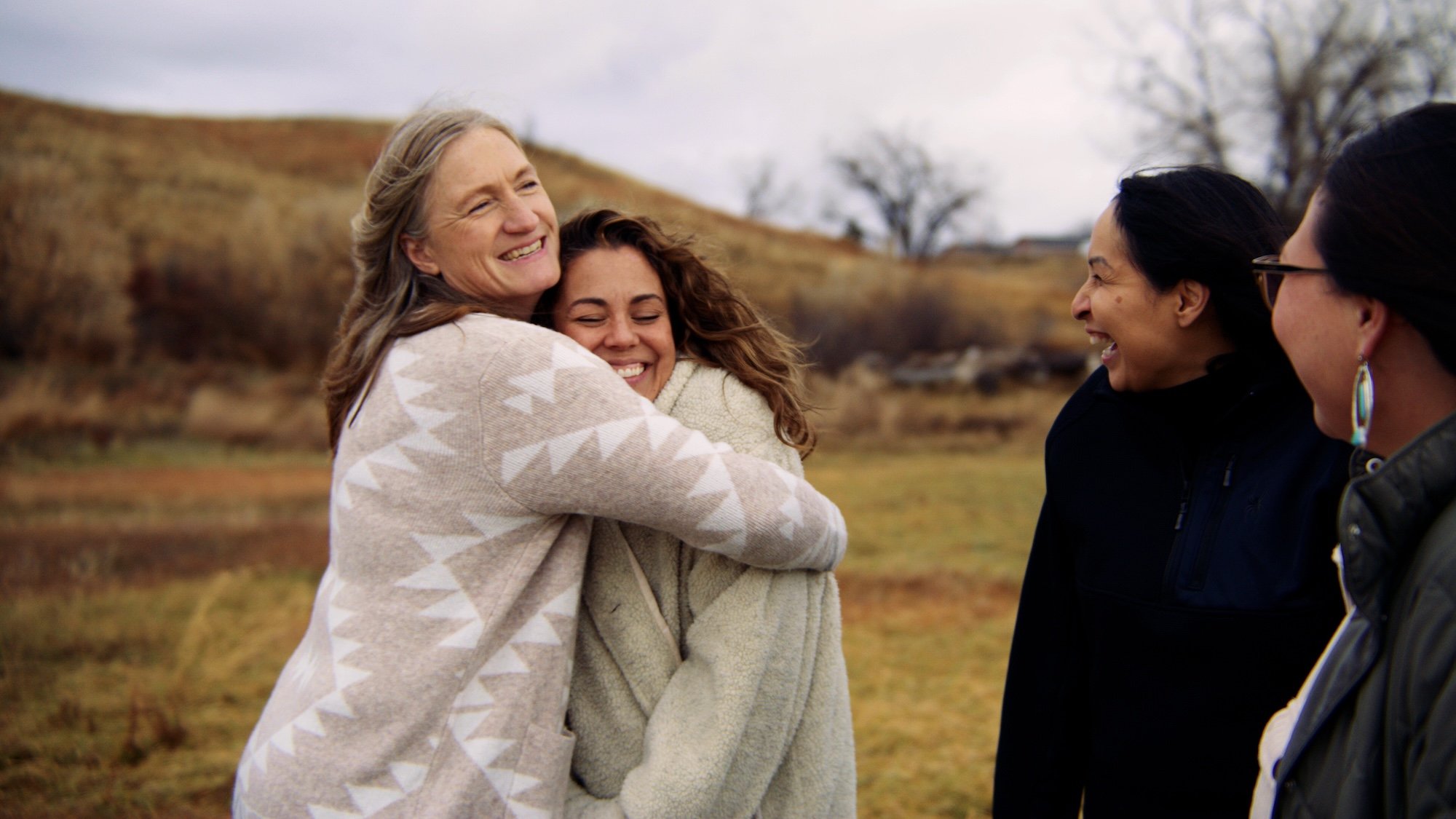
Embrace the Mission

Our Need: Restoring Our Community By Healing Families
As we embark with courage on the first phase of what will ultimately be a $5.5 million comprehensive campaign to establish the Crow Reservation’s – and indeed the state’s – first dedicated Family Healing Center, we eagerly invite our generous friends and supporters to join us on the journey to secure the first $3 million that we know will help our children, support our parents and restore vitality and wellness to Montana’s Valley of the Chiefs.

Our Fundraising Plan
We are launching an ambitious, two-phased comprehensive campaign, with the goal of raising an initial $3 million during Phase 1 and an eventual $5.5 million over the next three years.
These vital philanthropic resources will allow MSA to expand its existing programs, introduce child care services, strengthen its leadership staffing and fiscal oversight capabilities, design and build two phases of Kaala’s Village, and cover an essential portion of start-up costs over the center’s first three years.
As a new generation of young Apsáalooke leaders rise to the challenge of restoring hope, health, and engagement to our community and the Crow Reservation, MSA supports these citizen leaders in our shared vision to renew Lodge Grass and its history as The Valley of the Chiefs – a place where leaders are not just born, but raised.
Phase 1: $3.3 Million in 2024 - 2025
Phase I, taking us into 2025, seeks to expand essential programs and create new service lines to benefit children and families, bolster our organization’s leadership and finance capacity, and initiate formal design and planning for our required physical spaces.
Thanks to the generosity of our early supporters, MSA has already purchased 13 beautiful acres of land located within walking distance of Lodge Grass’ high school, one block from the town clinic, and 20 miles from the closest hospital in Crow Agency. The site is ideally suited for the proposed Family Healing Center. During Phase 1 of our comprehensive campaign, we will design and build the initial and most urgent of our envisioned spaces: the main hall called Kaala’s House (“Grandmother’s House”).
This 5,141 sq ft facility at the heart of The Village will be uniquely focused on meeting the immediate needs of children: it will house daytime childcare, will offer education and supportive services to older children, and building the first half of it will provide safe residential foster family support through one foster family for up to 6 children. A central courtyard, called the Welcome Arbor, will also serve as a ceremonial space for welcoming new program participants, contemplative daily rituals, and youth graduation ceremonies.
Success in Phase 1
Success in Phase 1 will allow us to immediately impact our community in the following ways:
Protect vulnerable children while keeping families together
Support parents making the committed decision to heal
Begin revitalizing the lodge grass community
Phase 2: Completing Kaala’s Village in 2025 - 2026
Learning from our program successes and experience we gain over the next 12 months will better position us to build a more comprehensive Family Healing Center in Lodge Grass with residential spaces for parents and children and spaces for on-site treatment – a model that allows families to stay together during the entire recovery process. Further, when resources are available “at home,” parents are more likely to take advantage of those resources, and long-term follow-up and accountability becomes easier to maintain.
Following construction of residential and treatment facilities in Phase II, which we envision will take place through 2026, we ultimately expect clients to remain at Kaala’s Village for 12 to 18 months.
Based on our research and experience, during the first six months children and parents have sensorimotor pathways and physiology that will still be settling in. The initial phase of healing will be focused largely on creating a culture of safety, adapting to new routines and embracing how an intentional community works. Our parents will begin doing more transformational work when brains impacted by trauma and addiction begin to detoxify and restructure.
After 12 to 18 months in the program, we expect to send families back into the community in restored relationships, full of strong purpose and identity, and establishing trust and security with their community. When families move out of Kaala’s Village, we expect that they will do so with financial savings, the first portion of a new home built, skills and education to allow for employment, and the ability to function as a healthy family unit. Our clients will continue to have off-campus supports, which have been incorporated into our financial sustainability model. Peer support, family counseling, and group services will continue to help families retain their focus on health and growth in their relational and life skills.
Late in Phase II, the Family Healing Center envisions a restaurant and gift shop, which will employ clients of the Center’s programs. The gift shop will ideally feature handmade crafts and goods created by residents of the Center, and the restaurant supporting students pursuing an Indigenous Culinary degree.
Success in Phase 2
Building on what we learn during Phase 1, capital investments in phase 2 of our comprehensive campaign will enable MSA to complete construction of Kaala’s Village and offer:
Housing for parenting couples in recovery
allowing Crow moms and dads to develop shared values and skills in a supported environment before practicing them in daily life.
Therapeutic recreational and cultural activity spaces
including equestrian stables, community gardens, nature trails, a teepee circle, and prayer loop for contemplation.
A clinical healing center
providing therapeutic counseling, treatment, and healthcare to clients

Our Committment
A Sustainable Program and Business Model That Will Endure
MSA and its Family Healing Center will offer intensive services built into the daily routines of those who live in Lodge Grass today and those who will live in the Village in the future.
By providing clients and their families with the services of high-quality child care, Certified Behavioral Health Peer Support Specialists and a Licensed Clinical Social Worker, Mountain Shadow Association will earn stable revenue through billing Medicaid for already reimbursable services. We will also utilize Best Beginnings state reimbursement revenues to generate revenue for the early childhood learning services we provide.
For Phase I, we’ve estimated that staffing, program costs and costs for early architectural design and renderings will total $750,000.
Once Phase 2 is complete, costs will total $807,470 in year one, growing slowly and thoughtfully over the next three years. Program revenue garnered through Medicaid reimbursable individual peer support work, family and oneon-one counseling, in- home child support, and childcare has been conservatively estimated to total $514,011 during our first, start-up year, growing to $715,216 per year for the two following years. This leaves a program funding gap of approximately $250,000 per year over the first four years of operation, leading to a hope that generous donors and grant-makers will help us build on our past fundraising success, providing up to $1 million in program-focused generosity. Heading into our fifth year of service, we anticipate that Kaala’s Village will be largely self-sustaining.
Long-Term Sustainability
With an eye toward long-term durability, growth and ongoing innovation for those we serve, Kaala’s Village seeks eventually to realize important annual revenue through on-site artists’ gift shop sales, Indigenous restaurant and conferencing services, summer Indigenous Airbnb hosting on our 13-acre property and building project income driven by resident construction crews. Revenues realized through these entrepreneurial endeavors will ultimately be attributed to each working individual, with 60% supporting the individual’s daily living expenses, 30% being retained in individual savings accounts to be used for each Fresh Start transition at graduation, and 10% going to each working client for clothing, gifts, and other minor living expenses.










